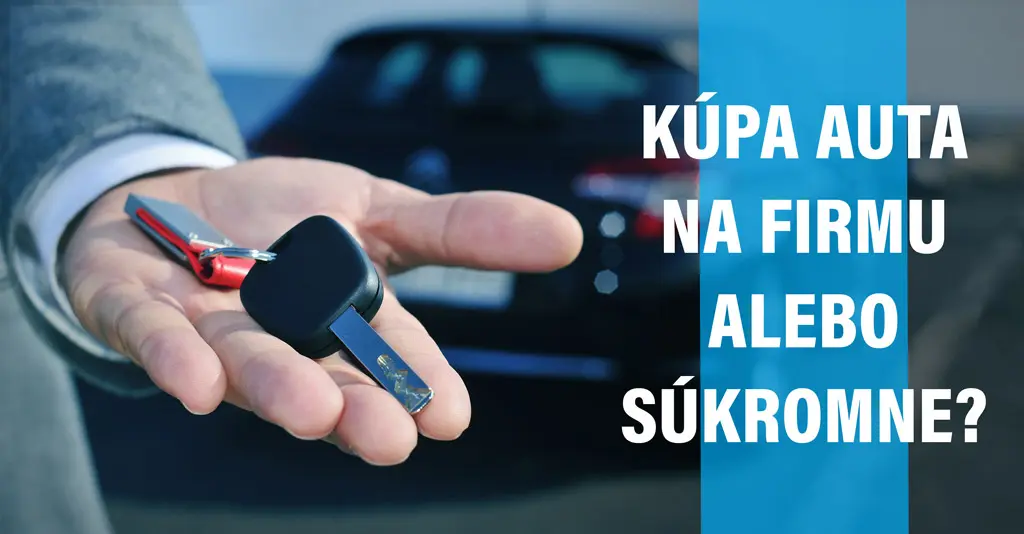Frequent business decisions include the question of whether to buy a car for a company or a private individual. Let's discuss these two options closer.
Company car
The purchase of a car "to a company" and its subsequent inclusion in the company's business assets is beneficial for both payers and VAT payers. In addition, payers can deduct the VAT amount from the price of the car and request it back from the state (in vat declarations). The advantage of buying a car "on the company" is that you can claim the maximum tax expense by which you can reduce the tax base. Tax expenditures include:
- a) the purchase price,but not at once. Company car is depreciated for 4 years, so we write off every month 1/48
from the purchase price. Depreciation is the phasing-out of the purchase price (cost) in costs. - (b) fuel. Here we have two options, 100% (completely) or 80% (flat rate). For full PHM expenses, we need to keep a driving book or have a GPS. However, this option is time-consuming and not very popular. For flat-rate expenses, 80% goes to tax costs and 20% to non-tax costs.
- (c) insurance policies — PMI, emergency insurance and other
- d) motor vehicle tax – payable until 31 January for the previous year for each company vehicle
- (e) repair and service of the car
- (f) parking
- (g) other (tyres, road sign, STK, etc.)
Private car
If the manager or employee uses a private car for business travel, he is entitled to travel expenses. In a private car, tax expenditures are limited, they go mainly:
- (a) travel expenses — compensation for phm consumed and basic compensation for each km of business journey
- (b) motor vehicle tax — to be paid until 31 January for the preceding year for each private vehicle used for corporate purposes (for which travel refunds are made)
- (c) other - parking, vignette
For a private car, vat, insurance, repair and service, STK and tyres cannot be deducted.
Entrepreneurs have a choice about how to put a car into business and what expenses they can claim. In doing so, they can "optimise their taxes a little bit". A company car is more convenient for newer or more expensive car models and for VAT payers. Here the price as well as the deduction of VAT can be the decisive factor. A businessman's private car, not included in commercial property, pays more for older cars or vat non-payers.

